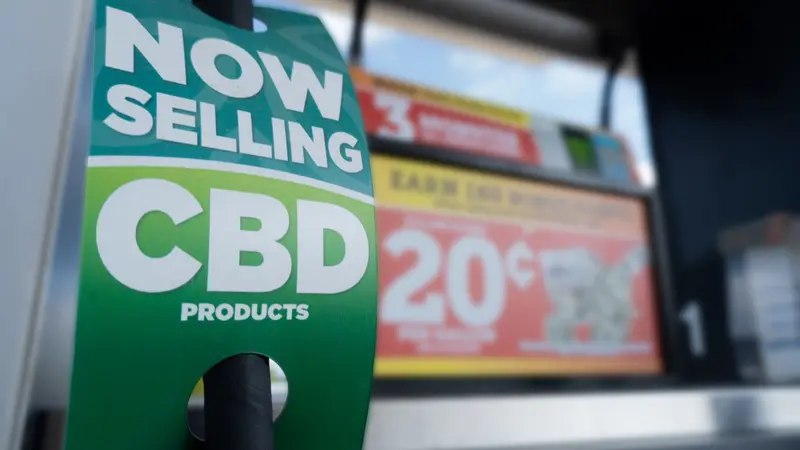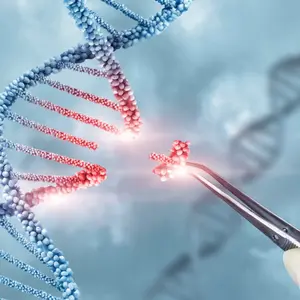

Emerging

Emerging
New Study Finds Nearly 60% Of CBD Products Are Mislabeled, with Some Containing Heavy Metals
Although products containing cannabidiol (CBD) have enjoyed a surge of popularity in recent years, a new study has found that not only may your favorite CBD product be mislabeled—it may contain dangerous contaminants.
Researchers looked at a selection of 516 commercially available CBD products in the US and found that only 42% of products fell within ±10% of the CBD claimed on the manufacturer label, while 40% contained less than 90% of the CBD indicated on the product label and 18% contained greater than 110%.
Additionally, heavy metal and phthalate contamination of edible CBD was pervasive, with levels of lead (42%), cadmium (8%), arsenic (28%), and mercury (37%), as well as four phthalates, detected in 121 edible CBD products. The percentage of edible products with detectable phthalate concentrations varied between 13 - 80% across the four phthalates, with DEHP being most prevalent.
Because the cannabis plant is a recognized bioaccumulator, which is highly effective at absorbing and retaining contaminants (e.g., heavy metals) in soil, it is important to characterize the degree of contamination in CBD products and accurately label the products to better estimate potential health benefits and risks associated with consumption.
The pervasive amount of low-level contamination of edible CBD products with heavy metals and phthalates may outweigh the proposed health benefits. The substantial discrepancy between CBD product label potency claims and the amount measured in both edible and topical products points to the need for tighter regulations for CBD product label integrity in order to protect consumers.
REFERENCES
Gardener, H., et. al. (2022, December 10). Heavy metal and phthalate contamination and labeling integrity in a large sample of US commercially available cannabidiol (CBD) products. Science of the Total Environment. https://doi.org/10.1016/j.scitotenv.2022.158110


 By
By







